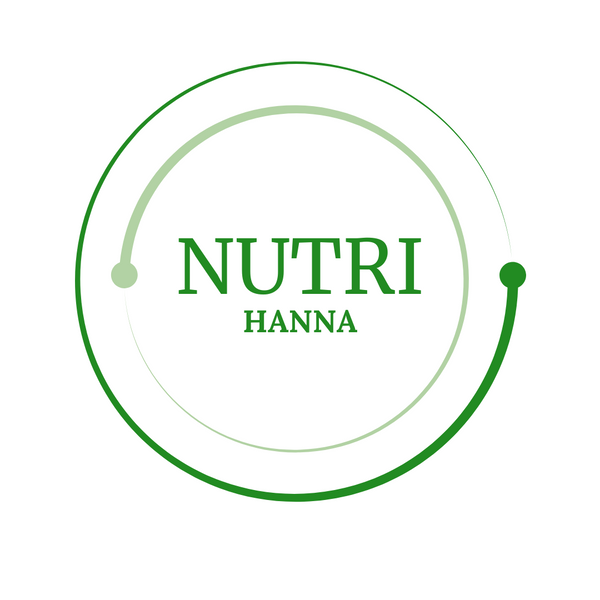
How to Get Rid of Bloating and Digestive Problems in the Netherlands
Share
Bloating and digestive discomfort are common complaints, especially among expats adjusting to a new country. If you’ve recently moved to the Netherlands and find yourself struggling with digestive issues, you’re not alone. Changes in diet, stress, and unfamiliar food products can all contribute to gastrointestinal discomfort. In this article, we’ll explore evidence-based strategies to alleviate bloating and improve digestion while adapting to Dutch food culture.
Understanding the Causes of Bloating
Several factors can trigger bloating and digestive problems, including:
- Dietary Changes: Moving to a new country often means exposure to different food ingredients, cooking methods, and meal patterns. Some foods commonly consumed in the Netherlands, such as dairy products, bread, and processed snacks, can be problematic for individuals with food sensitivities.
- Gut Microbiome Adaptation: Your gut microbiome, which plays a key role in digestion, needs time to adjust to new foods and water composition.
- Fiber Imbalance: While fiber is essential for gut health, a sudden increase (or decrease) in fiber intake, particularly from whole grains, legumes, and vegetables, can lead to bloating.
- Lactose and Gluten Sensitivities: Dutch cuisine is rich in dairy products (cheese, yogurt, milk) and gluten-containing foods (bread, stroopwafels, pastries). If you are sensitive to these, they may contribute to digestive discomfort.
- Hydration and Water Quality: Tap water in the Netherlands is of high quality, but its mineral composition may differ from what your gut is used to, affecting digestion.
- Meal Timing and Eating Habits: Eating too fast, skipping meals, or consuming large portions can lead to bloating and indigestion.
- Stress and Lifestyle Factors: The stress of moving, adapting to a new culture, and changes in physical activity can impact gut function.
Evidence-Based Strategies to Reduce Bloating
1. Gradually Adjust Your Diet
- Introduce Dutch foods slowly to allow your digestive system time to adapt.
- If you suspect lactose or gluten intolerance, try reducing these foods and observe if symptoms improve.
- Opt for fermented dairy alternatives such as lactose-free yogurt or plant-based options (if you're sensitive to lactose).
2. Support Your Gut Microbiome
- Include probiotic-rich foods like fermented vegetables (zuurkool), kefir, and natural yogurt.
- Consume prebiotic foods such as onions, garlic, asparagus, and whole grains to support beneficial gut bacteria.
3. Optimize Your Fiber Intake
- Aim for a balanced fiber intake from fruits, vegetables, whole grains, and legumes.
- Increase fiber gradually and ensure adequate water intake to prevent constipation and bloating.
- Experiment with different types of bread, such as sourdough or whole grain, which may be easier to digest than highly processed white bread.
4. Stay Hydrated
- Drink enough water throughout the day, aiming for 1.5–2 liters.
- Herbal teas, such as peppermint or ginger tea, can help soothe the digestive system.
- Avoid excessive carbonated drinks, which can contribute to bloating.
5. Mind Your Eating Habits
- Eat slowly and chew food thoroughly to aid digestion.
- Avoid overeating by listening to your body’s hunger and fullness cues.
- Consider smaller, more frequent meals if large meals make you feel uncomfortable.
6. Manage Stress and Lifestyle Factors
- Engage in regular physical activity, such as walking or cycling, to promote gut motility.
- Practice stress-reducing techniques like deep breathing, yoga, or meditation.
- Prioritize sufficient sleep, as poor sleep can negatively impact gut health.
When to Seek Professional Help
If bloating and digestive issues persist despite dietary and lifestyle changes, it may be helpful to consult a qualified nutritionist or healthcare professional. Persistent symptoms may indicate underlying conditions such as irritable bowel syndrome (IBS), small intestinal bacterial overgrowth (SIBO), or food intolerances that require specialized guidance.
Final Thoughts
Adjusting to a new country’s food culture takes time, and digestive discomfort is a common part of the transition. By making gradual dietary changes, supporting gut health, and maintaining a balanced lifestyle, you can alleviate bloating and improve digestion. If you need personalized support, working with a nutrition professional can help you navigate dietary adjustments effectively and sustainably.
If you’re struggling with digestive discomfort in the Netherlands and need tailored guidance, feel free to reach out for a first free consultation!
